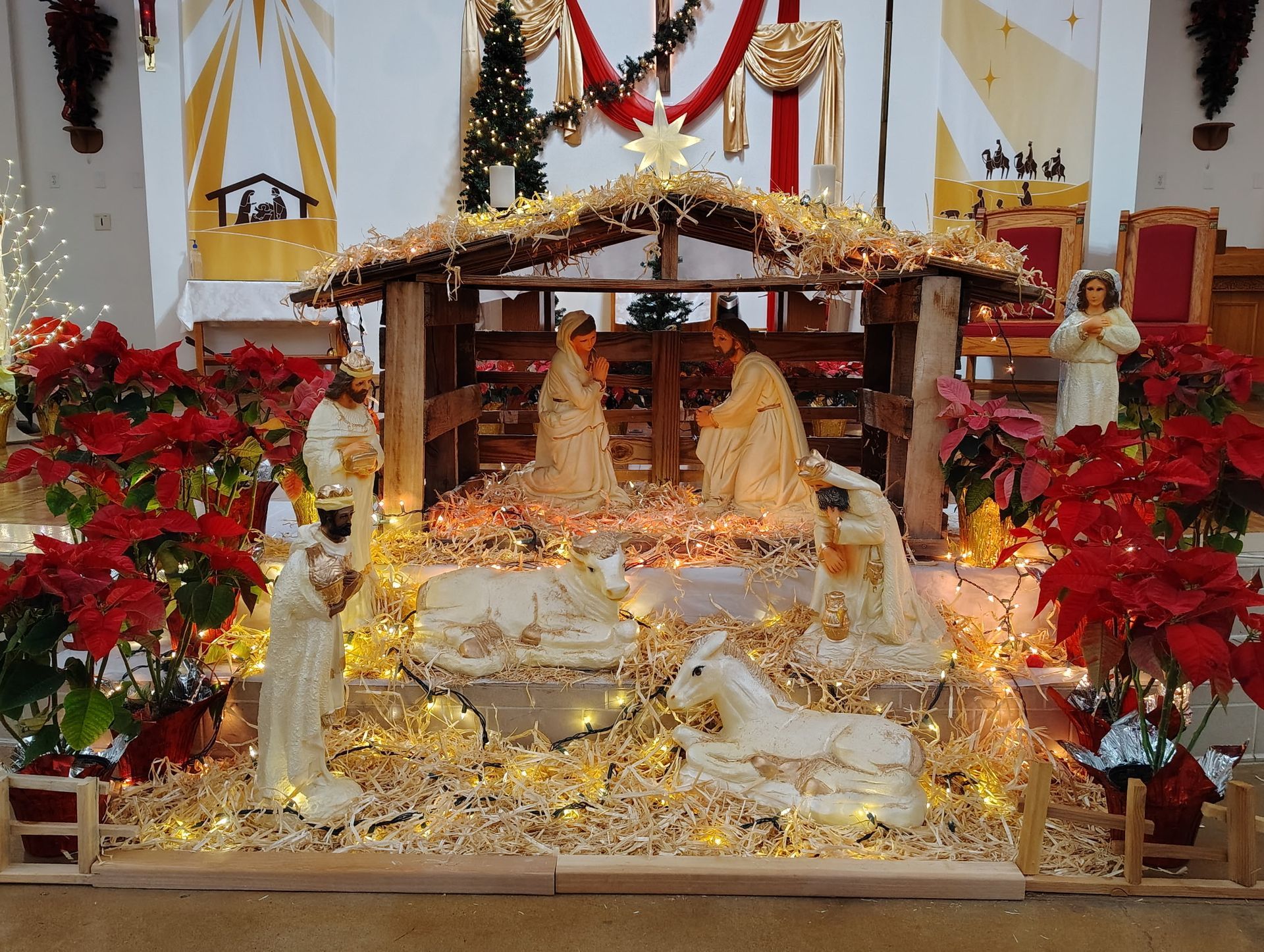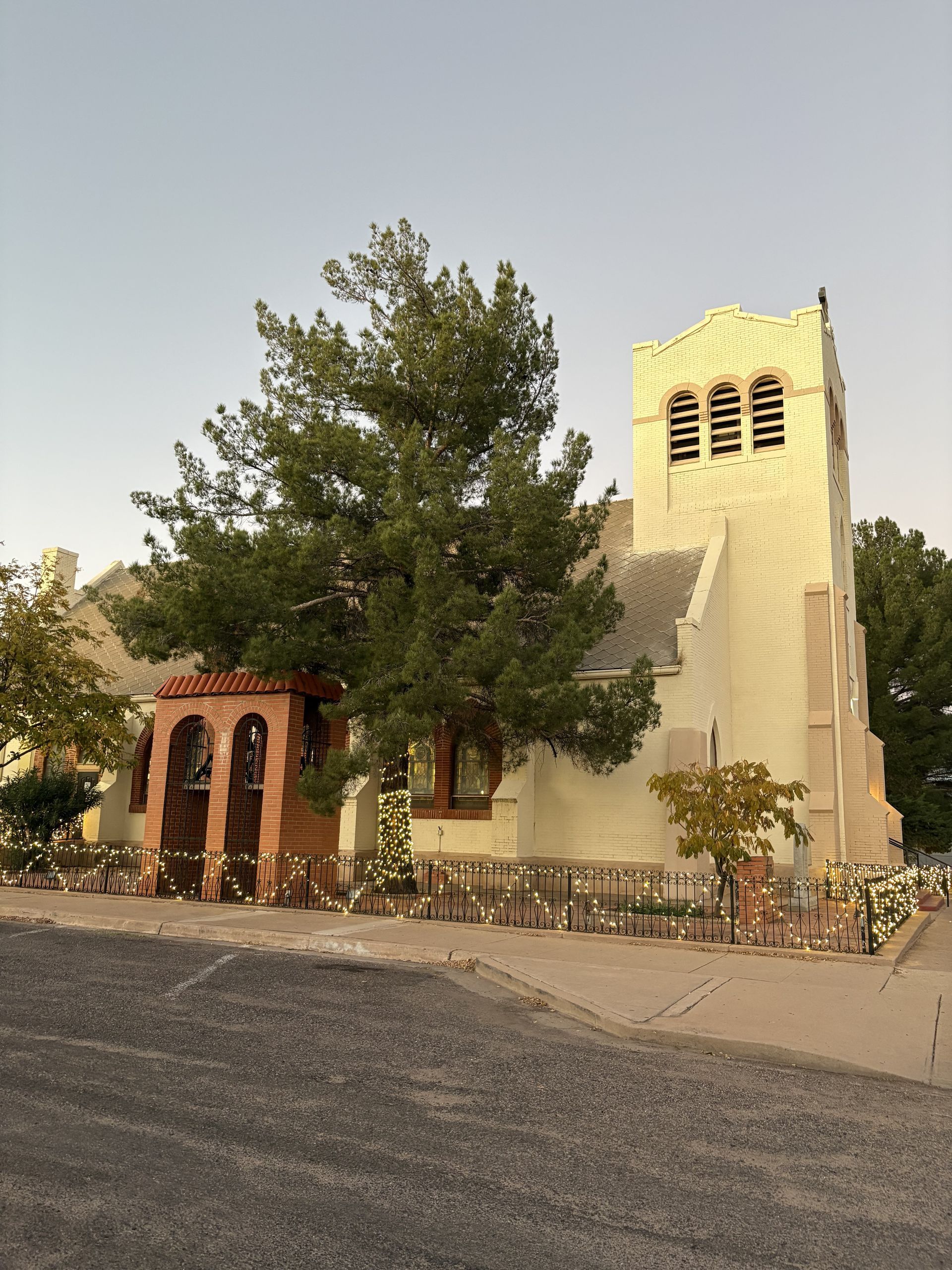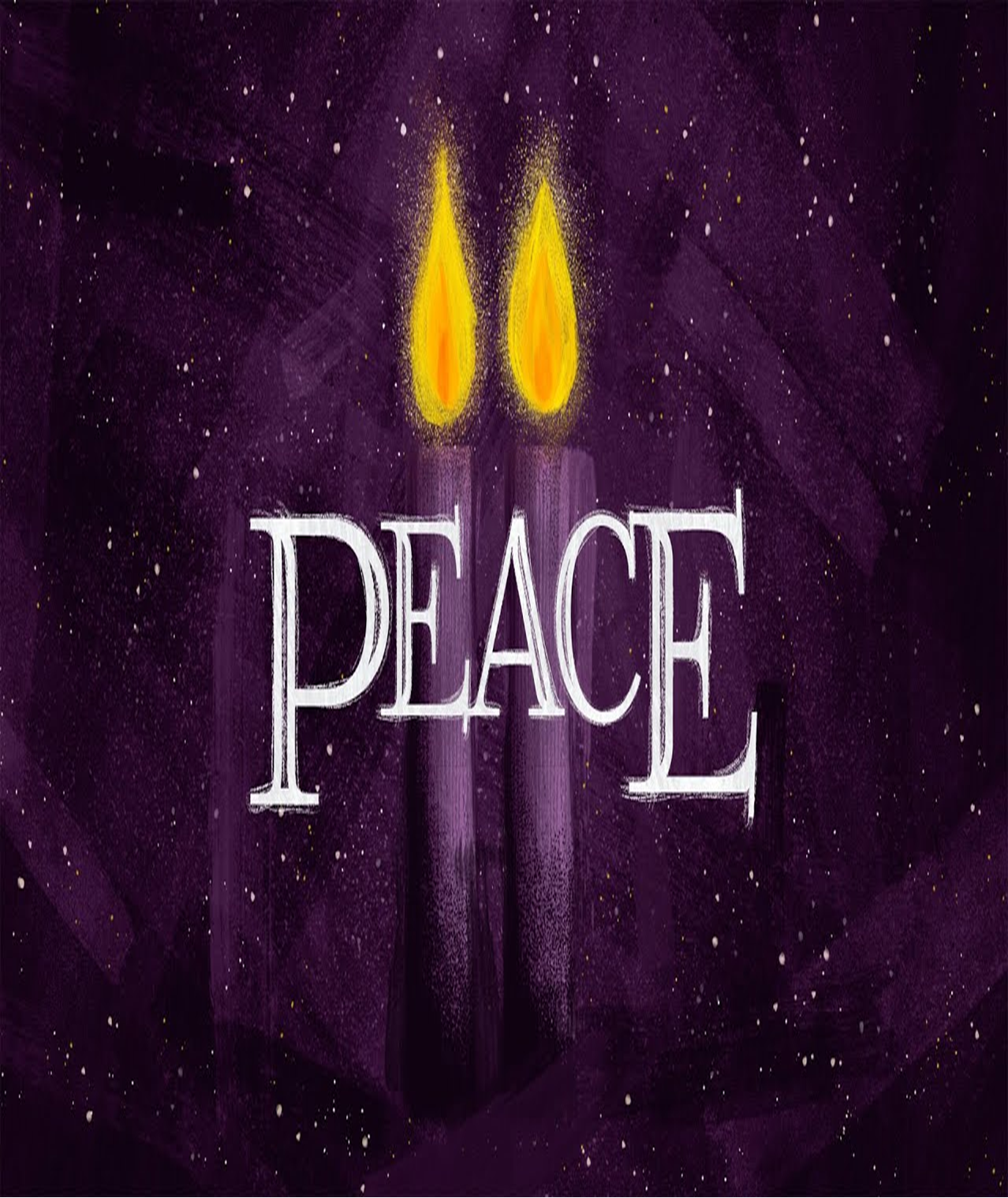Jesus’ harsh words, “I have come not to establish peace but rather division” seem to suggest and even encourage breakdown within our families, our most sacred and cherished relationships. “A household of five will be divided, three against two and two against three; a father will be divided against his son and a son against his father, a mother against her daughter and a daughter against her mother, a mother-in-law against her daughter-in-law and a daughter-in-law against her mother-in-law.” I almost quit reading this passage even if I’d gone through this several times already. While wrestling with the text, it made me feel uncomfortable as I’m much aware that on Sunday Masses, my congregation will be packed, the pews will be occupied by families seating together in rows waiting to hear the good news, expecting consoling and comforting messages of peace, love and harmony. While I don’t deny this is hard to digest, it bids any modern reader to ask, does Jesus really want us to be at odds with our family members?
Whether we’re living in the metropolitan or the suburbs (Douglas and Pirtleville sitting at the southernmost tip of the state), our lives revolve around our families, work and friends and shopping and church, of course. We spend a lifetime almost singlehandedly working and investing for the preservation of family ties and social bonds, as needed more than ever in modern times. Understandably, our families (immediate and extended) will always be there especially at our lowest moments. They will never leave us behind. It’s alright to end relationships with those who did us harm, people we label as enemies but to be estranged with the ones who brought us to God, who introduced us to faith, who taught us the basic values of righteousness, respect and love, mercy and forgiveness, who told us the difference between right and wrong, who cuddled us to church on Sundays, who drove and dropped us to Catechism classes, who did nothing but raised us well? What is he then trying get into?
In saying that “I have come to set the earth on fire”, Jesus tells us that truth can be the cause of division in our most endearing and enduring relationships. It’s liberating but also divisive. The gospel is a fire in our belly that burns and hurts. It’s a mighty sword used not for violence, however possible but strikes and cuts us in half from sins that bind us and guilty pleasures. With these words, Jesus strongly points out that fidelity to God is the most important thing in our lives. Nothing should stand between God and worldly affairs. Our relationship with him is non-negotiable. We don’t bargain for it. We don’t juggle between work and errands. Clearly, it must be on top of our priorities. If not, then it’s about time to start working on it. Our relationship with Christ is number one in our to-do-list and not the last option. By now, we get a sense that today’s message is not one of comfort, consolation and diplomacy. It’s not about fun, enjoyment and laughter. It’s truth telling. It is a matter of life and death, literally and figuratively. It’s urgent without the need to call 911.
Encounter with Christ makes all the difference in the world. Following Jesus is a moment of truth. Following Jesus means meeting truth we can’t live without. It is irresistible. It provides the ground and the foundation from which we stand and exist. It’s a life that organically leads us to make tough choices in his name. Faith in God requires single-minded, laser- focus devotion. There is no issue in life that lies outside the realm of our relationship with Christ and the church. Quite frankly, when our deeply- held religious values stand in contrast with families and friends, we have very little choices but to slowly distance ourselves. When the dictates of our conscience lie in conflict with earthly affairs, we can’t remain in the middle. People of faith can’t be neutral on moral issues. We can’t stay on the sidelines. Although nowadays, there’s been an over emphasis on mercy, compassion and forgiveness, when it comes to critical moral life issues, we have to take sides even to the point of a divided household. This is where our parents and grandparents get into the ugliness of things. Elders can’t simply ignore complex issues. This is also where religious leaders interfere in societal and political affairs which hopefully every nation on earth recognize.
When we turn towards the person of Christ, we leave behind and turn away from our former lives. In a similar fashion, when we close our doors on something, something new and fresh opens up for us. We stand our ground. Our example become the moral compass. Even Napoleon Bonaparte once said (not sure if it’s in his deathbed but he had a conversion before death and actually requested a priest to say daily mass), “A society that has no religion is like a ship without a compass.” I’m not sure why I quoted him here. Truly, religion is the conscience of society. It promotes unchangeable, universal, timeless, eternal norms and values. The social catholic teaching that engages in the promotion of the life and dignity of the human person is fundamentally based on the truth of Christ, the sacrament of our encounter with God. We become witnesses like the prophets who get in trouble all the time for making controversial statements which anger the powers that be and affect the status quo. Jeremiah, known as the prophet of doom whose messages became the subject of national conversation, is no exception. He was thrown into the muddy cistern by King Zedekiah only to be freed through the intercession of the Ethiopian eunuch Ebed-melech. Let’s set the earth on fire! Amen.




